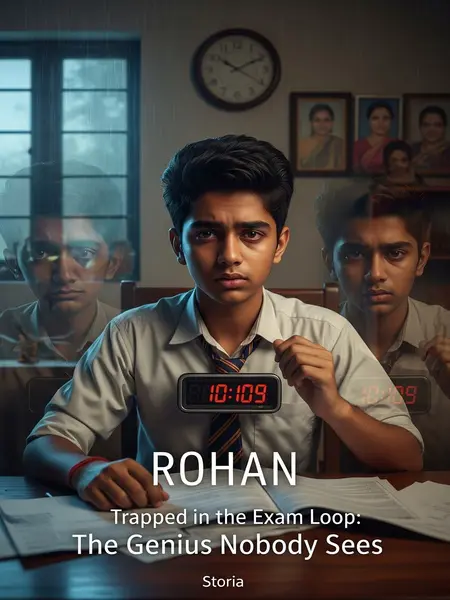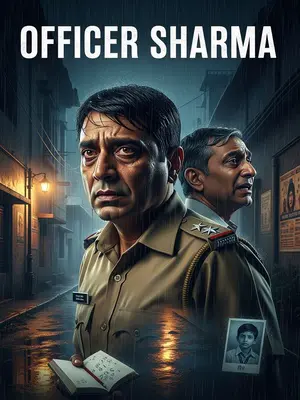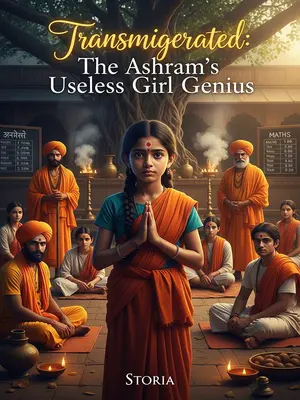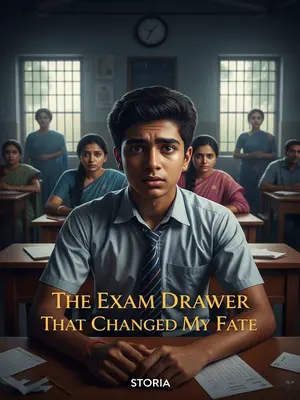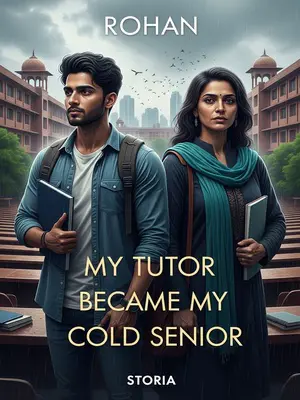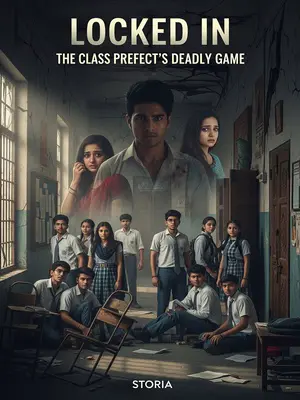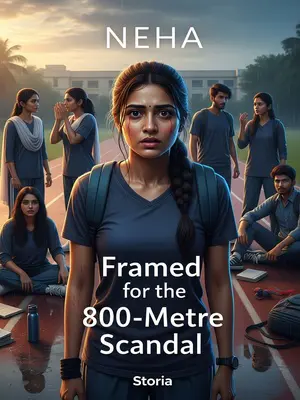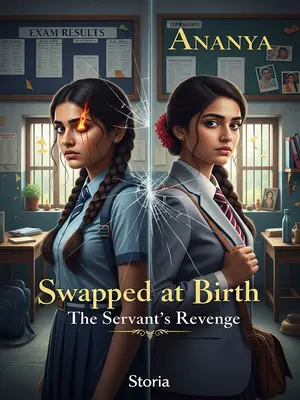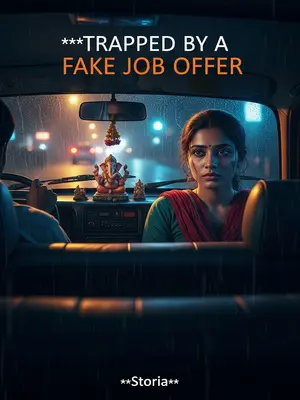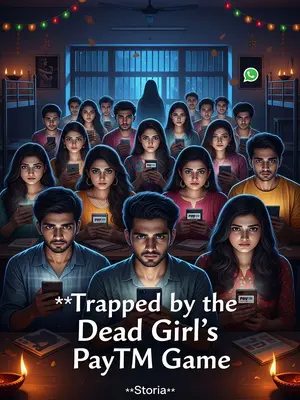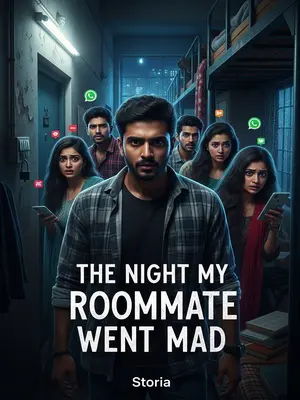Chapter 3: Recklessness and Realization
I began to let myself go, doing things I never dared to do before. After all, the outcome was predetermined; dying just meant returning to a week before. It was like playing a video game with unlimited lives, but in real life, it only meant my actions became meaningless.
This kind of existence completely eroded my moral boundaries. I used the loop to try all sorts of extreme experiences, pushing the limits of humanity and the law. I wandered Mumbai’s gullies at night, ate from street stalls without paying, and once even snuck into a movie theatre, just to see if anyone would catch me. Once, I rode a local train from Churchgate to Virar without a ticket, heart pounding every time the TC walked by. The thrill never lasted—every morning, I’d be back in my classroom, the blackboard wiped clean.
Yet this so-called freedom soon became tiresome. A life without consequences gradually numbed me, and I even began to lose interest in everything. Even the spicy vada pav at the corner stall began to taste like ash. The laughter of friends during recess became hollow.
I was trapped in class 9 for a full year and one month.
In those 395 days, I experienced the most extreme darkness the world could offer, explored every forbidden desire you can imagine. But at the end of each day, I only felt more empty—like a well that could never be filled, no matter how much water you poured in.
Sometimes, I overheard classmates whispering about me in the corridor—"Rohan ka dimaag kharab ho gaya hai na?"—their voices half-pitying, half-afraid. At home, Amma would give me a worried glance as I pushed untouched sabzi around my plate, the chapati growing cold. It was then I realised: time can erase all desire and greed. In the face of time, humans are insignificant. The only thing that remains is the ache of existence.
